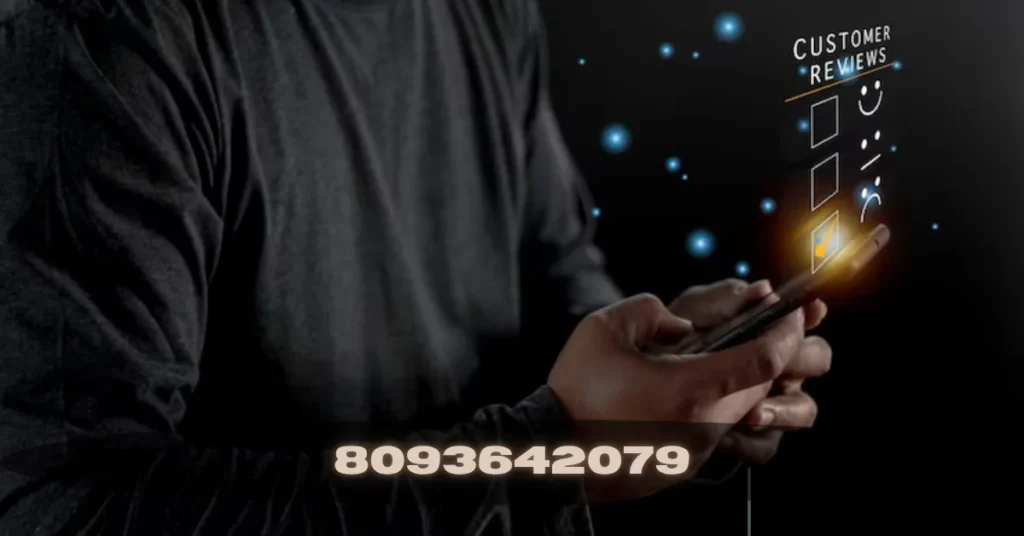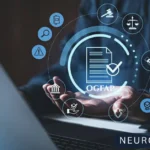🧠 Introduction
Ever stared at a phone number and felt a chill? Maybe it’s just a call from someone you don’t know. Or maybe… there’s something deeper behind it. Take 8093642079, for instance. At first glance, it’s just a 10-digit string. But for some, it has sparked curiosity, suspicion, and even fear.
What if a simple number could pull back the curtain on how our identities are shaped, tracked, and even exploited in the digital age? Let’s unpack the mystery—digit by digit.
📲 The Rise of Digital Numbers in Our Lives
Once upon a time, your name was your main identifier. Today? You’re more likely known by your phone number, username, or IP address.
We live in a number-coded society—from social security numbers to login PINs, everything is encrypted into digits. You are 8093642079 to your telecom provider. To your bank, you’re your account number. In the data economy, you’re only as human as your metadata.
🧩 Decoding 8093642079
So, what’s the story with this particular number?
There’s no official explanation, but rumors circulate online. Some claim it’s tied to scam operations, others suggest it’s used in phishing calls from international operators, especially from the Caribbean area codes starting with “809.” While this number doesn’t match an exact scam format, its eerie similarity makes people wary.
Could it be randomly generated? Or is it a symbolic cipher, drawing attention to the way we fear numbers we don’t recognize?
👤 Numbers and Personal Identity
Think about it: every major online account starts with a number—your phone number, your email (which often includes numbers), or a coded ID. These are the modern-day digital fingerprints.
And the dark side? Identity theft is easier when numbers fall into the wrong hands. A single SMS from a strange number might unleash spyware or expose your private data. The wrong call at the wrong time… and you’re compromised.
🧠 The Psychology of Numbers
Why are we so intrigued—or frightened—by certain numbers?
There’s a whole world of numerology that assigns meaning to digits. The number “809” is sometimes associated with spiritual significance in certain cultures. Other times, it’s just… creepy. It’s like walking into a room and seeing an old rotary phone ringing—but no one’s there.
We assign emotion to numbers without even realizing it.
📞 Scams, Hoaxes, and the Mystery of Random Calls
You’ve probably heard the warning: Don’t answer international calls from unknown numbers.
Especially those starting with “809,” “876,” or “284”—often linked to the Wangiri fraud (“one-ring” scam). Victims call back and rack up massive international charges.
Is 8093642079 part of this scam ring? Maybe, maybe not. But the caution it stirs is very real.
🔍 How Technology Tracks Us Through Numbers
Your phone number isn’t just for calls and texts anymore.
It’s a tracking device. Apps link to it, GPS ties to it, and advertisers use it to follow you across platforms. Google knows more about 8093642079 than your best friend does.
Through this number, companies track:
- Your location
- Your habits
- Your spending patterns
- Even your mood (based on usage)
🤖 Information, Algorithms, and Human Patterns
Ever wondered why you get specific ads? It’s because AI knows you as 8093642079—cross-referenced with your likes, clicks, and even how long you stare at a screen.
It’s not just creepy—it’s precisely engineered manipulation.
👁️ Are We Just Data Points?
It’s hard to ignore that we’re becoming less human and more digital breadcrumb. Our thoughts, behaviors, and desires get turned into numbers that feed algorithms.
This raises serious ethical questions:
Are you still you if you’re just a profile built on numbers?
🛡️ Cybersecurity and Protecting Your Digital Self
Don’t panic—but do protect yourself.
Here’s how:
- Never return calls from strange international numbers.
- Use two-factor authentication.
- Install reliable antivirus apps.
- Avoid sharing your number on public platforms.
- Report suspicious activity to telecom authorities.
🔮 The Future of Identity in the Digital Age
Blockchain IDs, biometric scans, retina logins—we’re shifting toward more complex, less guessable identifiers. But numbers will always play a role.
Will we someday be known only by encrypted hashes?
📚 Case Studies & Real-World Examples
Remember the 2017 Equifax breach? Over 147 million people’s data—numbers, SSNs, phone numbers—were leaked. All it took was one vulnerability.
Then there’s Edward Snowden’s revelations: how governments tracked people globally using phone metadata. Numbers don’t lie, and they never forget.
🕵️ How Governments Use Numbers to Monitor
From Aadhaar in India to Social Security in the U.S., national ID systems link everything you do to one number.
Even democratic nations now use phone tracking to monitor movement, especially during crises like COVID-19.
🌍 Cultural Interpretations of Numbers
In China, “8” is lucky. In Japan, “4” is associated with death. In the West, “13” is feared.
What does “809” mean? To some, nothing. To others, a ghost number. Culture gives context—and sometimes, superstition.
📺 The Role of Media in Amplifying Digital Mysteries
From creepy Reddit threads to YouTube “number mysteries,” the internet loves to mythologize the mundane.
One post goes viral claiming 8093642079 is haunted or cursed, and suddenly it’s urban legend status.
✅ Conclusion
So, what does 8093642079 really mean?
It could be nothing. It could be everything. What it definitely does is shine a spotlight on how numbers define, track, and sometimes even deceive us in this hyper-digital world.
Maybe we can’t escape our digital identifiers—but we can choose to understand them and guard our identity with awareness.






